![[The Future of Korean Democracy and Institutional Reform] Between Protest and Apathy: The Gendered Divide in South Korea’s Martial Law Crisis](/data/bbs/eng_workingpaper/20250422101625799681535.png)
[The Future of Korean Democracy and Institutional Reform] Between Protest and Apathy: The Gendered Divide in South Korea’s Martial Law Crisis
Working Paper | 2025-04-22
Hanna Kim
Professor, Chinju National University of Education
Hanna Kim, Professor at Chinju National University of Education, reveals a significant gender gap in political response to South Korea`s 2024 martial law crisis. The author documents how young women exhibited the most polarized political preferences, showing both the strongest opposition to President Yoon Suk-yeol and the highest support for opposition leader Lee Jae-myung. Beyond political affiliations, the study uncovers a fundamental difference in democratic values, with young women overwhelmingly endorsing democracy as always preferable while young men showed higher rates of conditional support for dictatorship. Han voices concern about young men`s political cynicism and disengagement, suggesting their apathy poses long-term challenges for Korean democracy.
I. Introduction
A distinguished development that emerged in public demonstrations calling for President Yoon Suk-yeol's impeachment following the declaration of martial law on December 3 had been the mettlesome presence of young women. Instead of candles, the traditional symbol of street protests, they carried light sticks; rather than conventional protest songs, they rejuvenated the atmosphere with K-pop tunes, such as Girls' Generation's Into the New World and Rosé's APT. This new form of political expression, rooted in idol fandom culture largely led by young women, transformed the usually solemn protest atmosphere into something more festive and vibrant. In contrast to the active political engagement of women in their 20s and 30s in pro-impeachment demonstrations, however, their male counterparts were conspicuously absent. This disparity underscores a significant gender gap in political participation among those in their 20s and 30s in both the martial law crisis and impeachment protests.
This disparity reflects a broader, ongoing trend in Korean politics rather than being an isolated case. The 20th presidential election revealed a lucid political divide between young men, in support of Yoon Suk-yeol, and young women, in support of Lee Jae-myung. A similar trend manifested in the 22nd National Assembly election, where young men favored the People Power Party (PP) while young women gravitated toward the Democratic Party (DP). This gendered divergence in behavior persisted during the December 3 martial law crisis, albeit in a different context: while elections primarily reflected democratic competition between different political actors, the crisis sparked by the declaration arrantly transcended these boundaries with its suspension of constitutional governance and characteristic adjacencies to a coup'detat. Nevertheless, the persistence of gendered differences in political action among young people during this crisis warrants further examination, as it indicates a divide that goes beyond political preferences to fundamental differences in their core beliefs about democracy.
This paper intends to examine the political behaviors and values of the younger generation, with particular emphasis on potential divisions along gender lines. It also explores how these value-based distinctions may have influenced public perception of the martial law crisis, henceforth shaping participation in subsequent protests.
The study utilizes survey data commissioned by the East Asia Institute (EAI) and conducted by Hankook Research following the declaration of martial law on December 3, 2024. The survey, completed in January 2025, gathered responses from a nationally representative sample of 1,514 adults aged 18 and older.
II. Gender Differences in Political Participation Among the Youth Generation
An empirical analysis of survey data shows that about 9.7% (147 individuals) participated in demonstrations supporting President Yoon Suk-yeol's impeachment, while 90.3% (1,367 individuals) abstained, highlighting a distinct limitation in direct participation. Among the 147 participants, women in their 20s constituted the largest contingent at 19.1% (28 individuals), followed by men in their 40s at 12.2% (18 individuals) and men in their 50s at 11.6% (17 individuals).
[Figure 1] Participation in Yoon Suk-yeol Impeachment Demonstrations
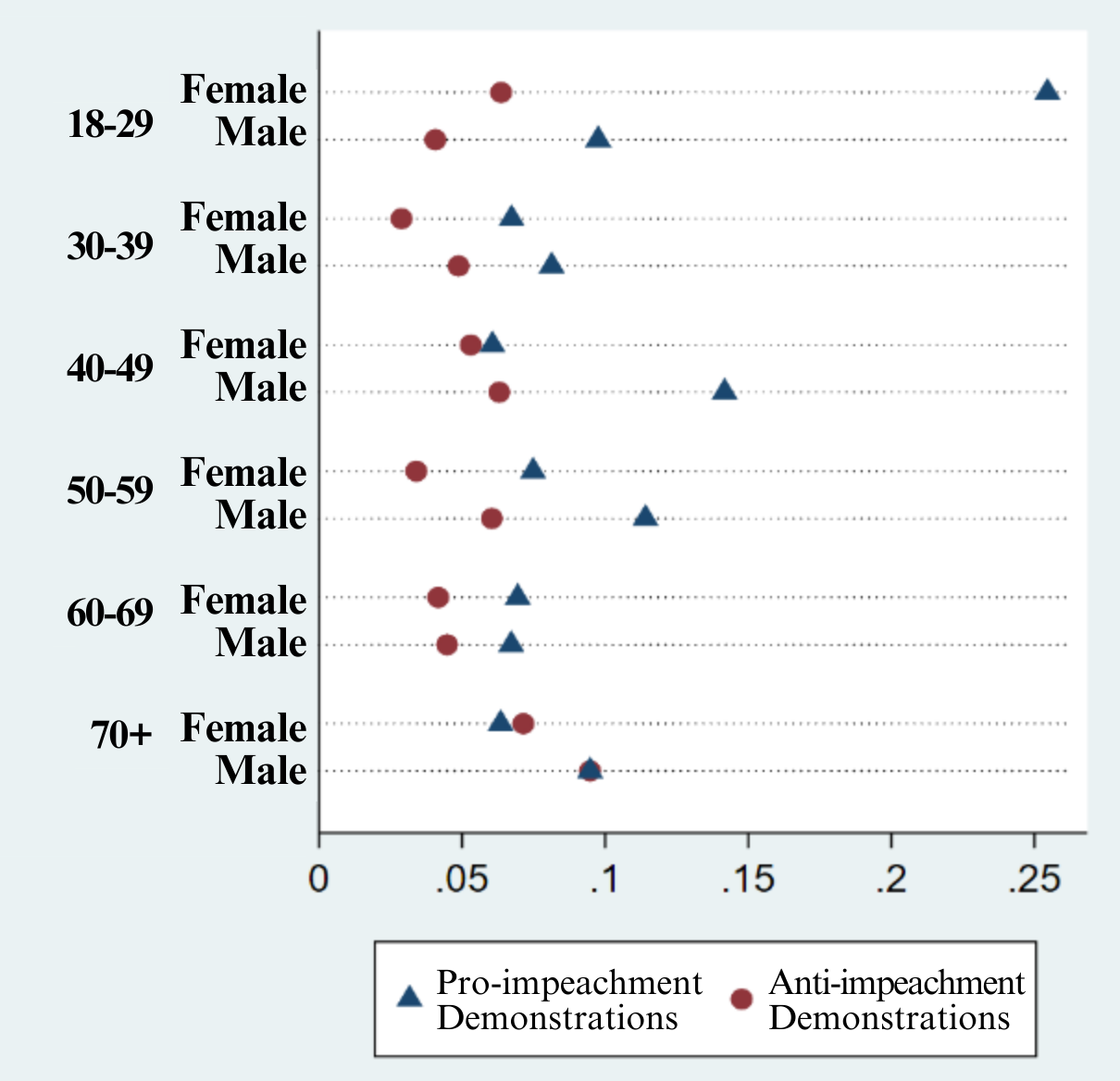
[Table 1] Participation in Yoon Suk-yeol Impeachment Protests
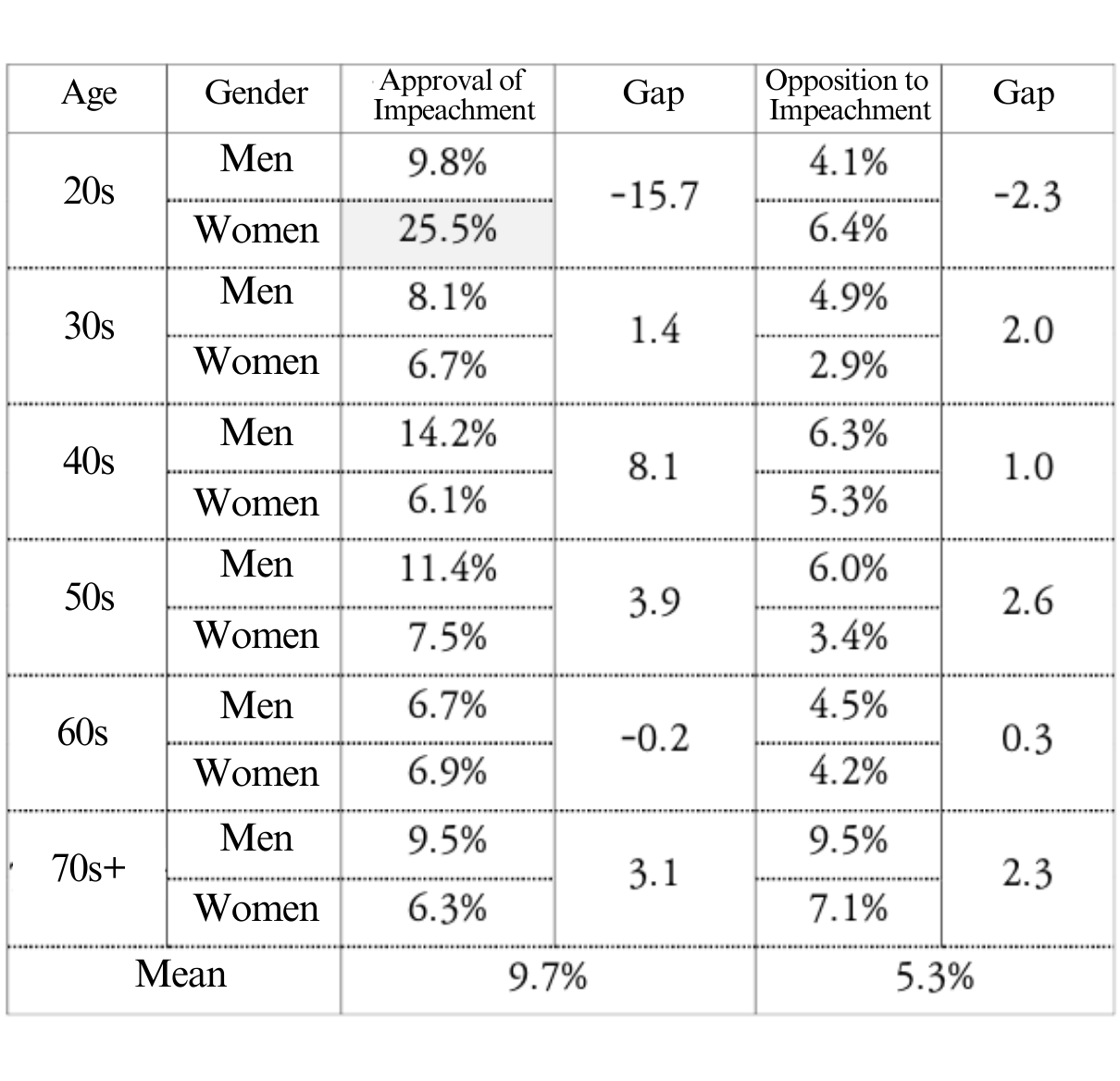
Participation was marginally lower in anti-impeachment demonstrations, with 5.28% (80 out of 1,514 respondents) reporting involvement. Among these 80 participants, men and women in their 70s, along with men in their 50s, represented the largest groups, each comprising approximately 11.25% (9 individuals per group). Within these demographics, men in their 70s exhibited the highest participation rate, with approximately 9.5% having attended demonstrations opposing impeachment.
Several noteworthy observations emerge from the data. As illustrated in [Figure 1] and [Table 1], gender disparities in demonstration participation related to impeachment were most pronounced among individuals in their 20s compared to other age cohorts. While men generally demonstrated higher participation rates than women across most age groups, women in their 20s exhibited more active engagement, and this pattern remained consistent in both pro- and anti-impeachment protests.
[Table 1] indicates the mean participation rate in pro-impeachment demonstrations was approximately 9.7%, and in anti-impeachment demonstrations approximately 5.3%, with men in their 20s exhibiting average participation rates. [Figure 1] reveals most demographic groups maintained participation rates within the 5-10% range. Therefore, men in their 20s displayed neither particularly high nor low levels of engagement in either pro- or anti-impeachment demonstrations, as their participation rates approximated the average. In essence, while men in their 20s showed typical participation compared to other demographic cohorts, women in their 20s exhibited substantially higher engagement in impeachment-related demonstrations compared both to their male counterparts and to other age cohorts.
[Figure 2] Evaluation of Yoon Suk-yeol's Impeachment and Martial Law
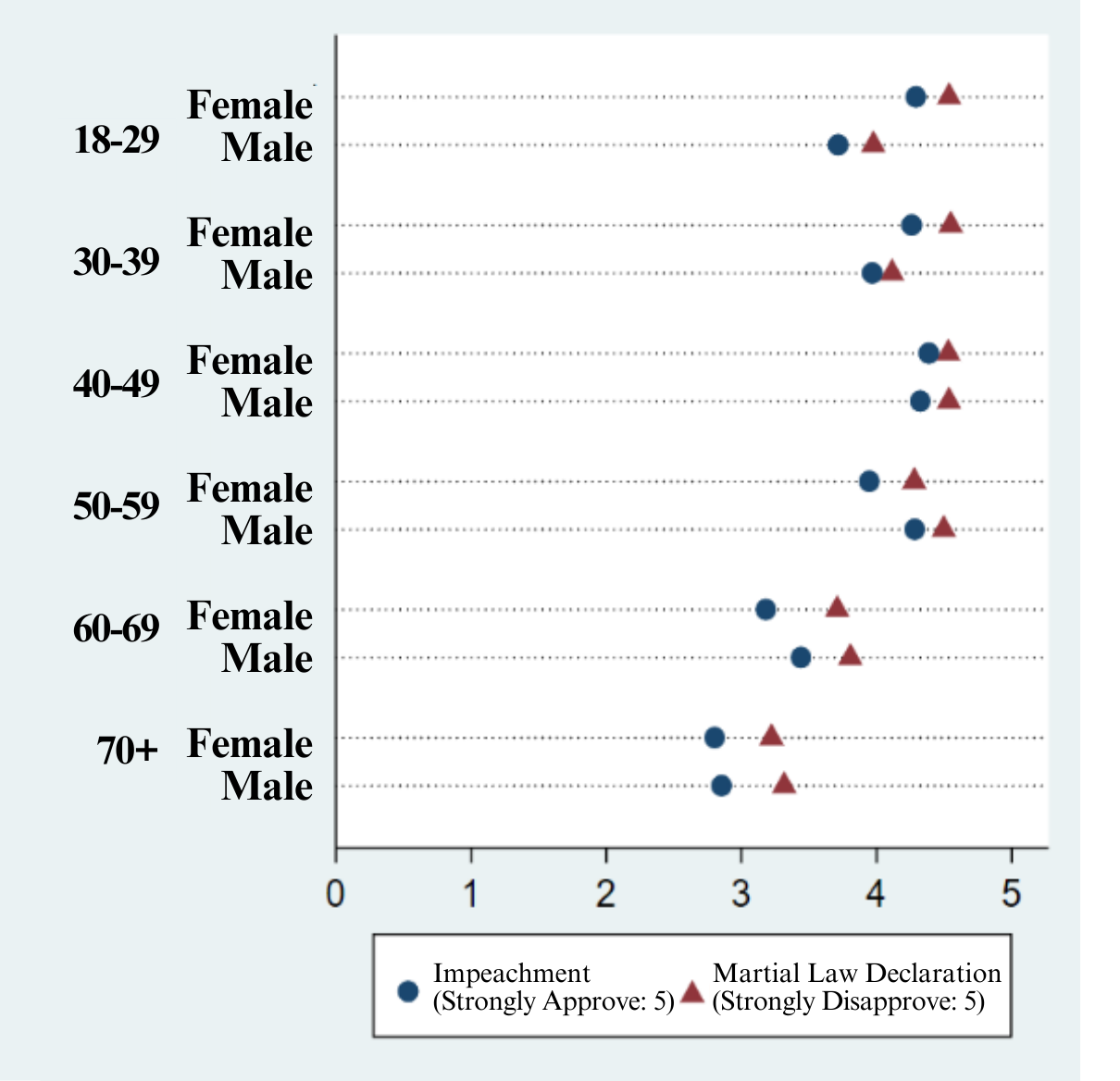
[Table 2] Evaluation of Yoon Suk-yeol's Impeachment and Martial Law
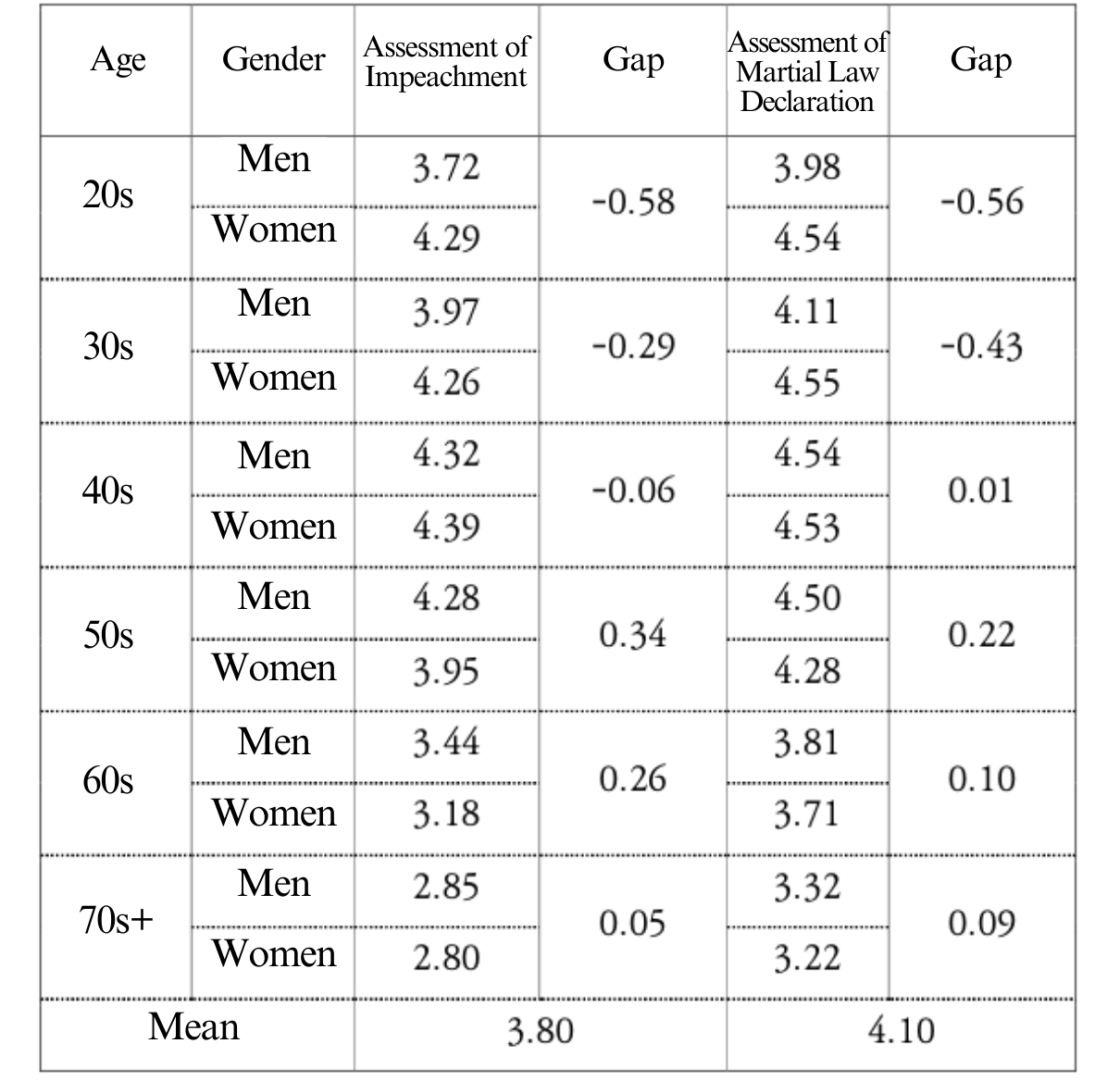
It is important to note that demographic groups with limited demonstration participation, such as men in their 20s, do not necessarily oppose Yoon Suk-yeol's impeachment or endorse martial law. According to [Table 2], respondents generally supported impeachment (with a mean score of approximately 3.8) and viewed martial law unfavorably (with a mean score of approximately 4.1). Moreover, as depicted in [Figure 2], respondents aged 20–59 generally supported impeachment and viewed martial law negatively (with scores between 4 and 5). However, respondents aged 60 and above exhibited a more neutral stance regarding both impeachment and martial law (with scores between 3 and 4).
Despite a general consensus among respondents in their 20s supporting impeachment and opposing martial law, clear gender disparities emerged within this demographic. According to [Table 2], women (with scores of 4.29 for impeachment and 4.54 for martial law) demonstrated stronger support for impeachment and stronger opposition to martial law compared to men (with scores of 3.72 for impeachment and 3.98 for martial law). This gender disparity was particularly pronounced among individuals in their 20s.
In summary, respondents predominantly expressed negative views of martial law and supported impeachment. However, in terms of political activism, women in their 20s demonstrated the highest level of participation in demonstrations.
1. Emotional Polarization and Discontent Toward the Yoon Administration
What factors, then, catalyzed such active political engagement among women in their 20s? Participation in demonstrations necessitates substantial commitment of effort and time, typically motivated by profound dissatisfaction and institutional distrust. Survey data indicates that women in their 20s expressed the lowest approval ratings for President Yoon Suk-yeol and the ruling PPP, and gave the lowest rating to the Yoon administration's performance.
[Figure 3] illustrates comparative preferences for President Yoon Suk-yeol and the PPP versus Lee Jae-myung and the DP, while [Figure 4] presents evaluations of the Yoon administration's governance over the preceding three years, measured on a 10-point scale. According to [Figure 3], women in their 20s registered the lowest approval ratings for both Yoon Suk-yeol (9.95) and the PPP (15.14), and [Figure 4] reveals their profoundly negative assessment of the Yoon administration (2.39 points), the lowest among all demographic groups.
Furthermore, [Figure 3] demonstrates that women in their 20s exhibited the most extreme preference differentials between Yoon Suk-yeol and Lee Jae-myung, and between the PPP and the DP. [Table 3] indicates that the preference differential among women in their 20s between Yoon Suk-yeol (9.95) and Lee Jae-myung (44.88) was -34.94, the most substantial gap across all groups. Similarly, the preference differential between the PPP (15.14) and the DP (52.71) was -37.57, again representing the largest disparity. An analogous magnitude of difference was observed among men in their 40s, with preference differentials of -30.24 between Yoon Suk-yeol and Lee Jae-myung, and -32.98 between the PPP and the DP. As previously noted, these two demographic groups demonstrated the highest levels of engagement in pro-impeachment demonstrations.
In contrast, men in their 20s exhibited a preference differential of merely -2.37 between Yoon Suk-yeol (22.56) and Lee Jae-myung (24.93), and only 0.84 between the PPP (32.61) and the DP (31.77). This suggests a relative indifference toward both political figures and parties, pointing to a more cynical political orientation among men in this age group.
[Figure 3] Political and Party Favorability
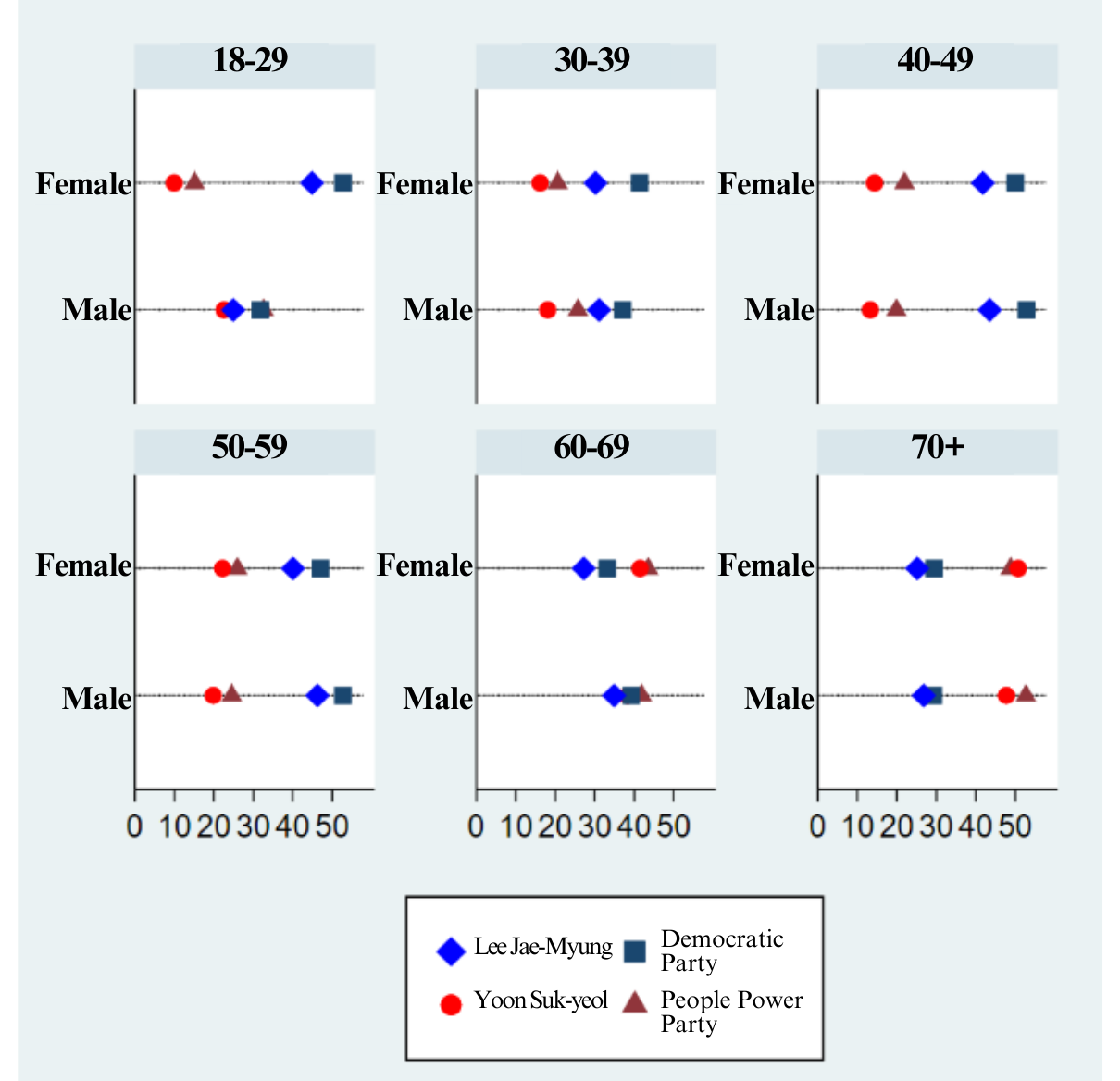
[Table 3] Political and Party Favorability (0–100)
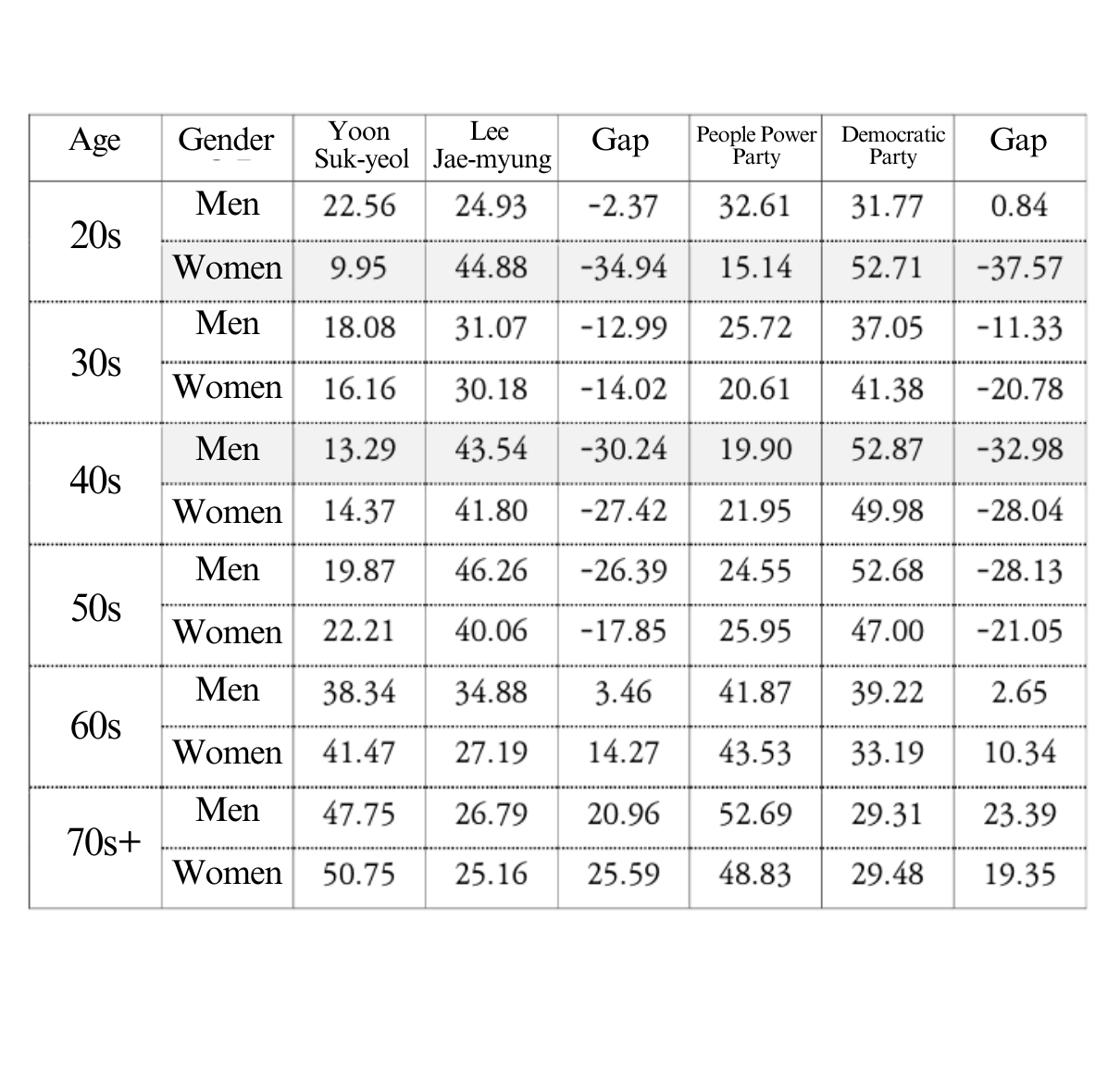
[Figure 4] Evaluation of Yoon Suk-yeol Administration's Governance Over the Last Three Years
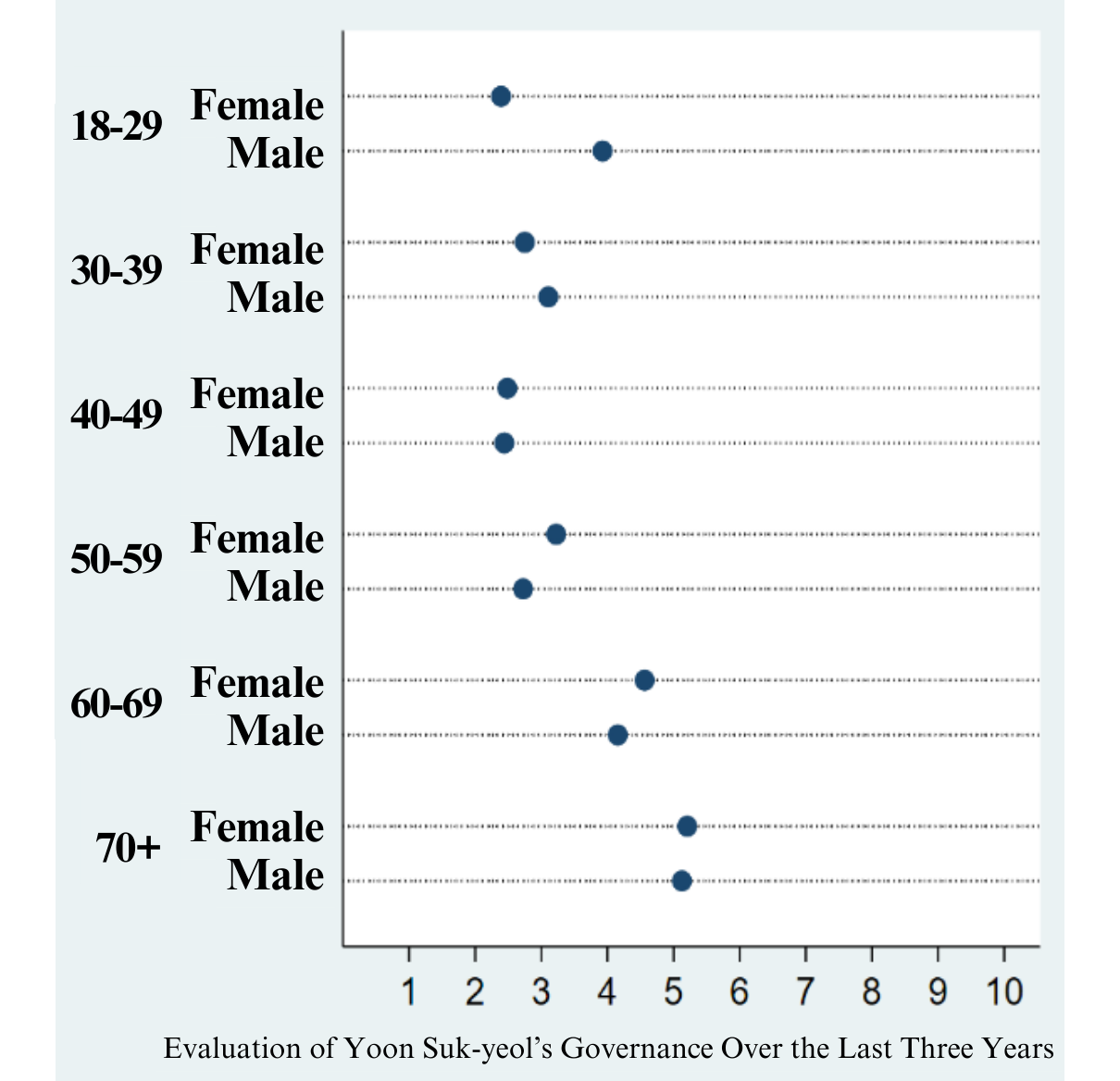
The low favorability of Yoon Suk-yeol among women in their 20s, combined with accumulated dissatisfaction toward the incumbent administration over the past three years, seems to have laid the groundwork for direct action such as participation in protests calling for his impeachment, in the context of the martial law declaration. Particularly noteworthy is that young women exhibited the most polarized views toward both Yoon Suk-yeol and Lee Jae-myung compared to other demographic groups. This polarization likely drove their increased engagement in political protests, positioning them as more active participants than other cohorts.
The 20th presidential election featured a contest between Yoon Suk-yeol of the PPP and Lee Jae-myung of the DP, with women in their 20s reportedly providing substantial support for Lee Jae-myung. [Figure 5] presents survey results regarding respondents' perceptions of the fairness and integrity of both the 20th presidential election and the 22nd National Assembly election. Significantly, women in their 20s provided the least favorable assessment of electoral fairness, particularly in comparison to men in their 40s or women in their 30s, who, despite registering low approval ratings for Yoon Suk-yeol, expressed relatively more positive views regarding electoral fairness.
In sum, political sentiment among women in their 20s demonstrates considerable polarization relative to other demographic groups. Dissatisfaction with the results of the 20th presidential election was especially pronounced, and this negative sentiment likely played a pivotal role in driving their active participation in demonstrations calling for Yoon's impeachment. Women in their 20s had long harbored dissatisfaction with the Yoon administration, and the martial law situation provided a catalytic opportunity to express their legitimate grievances.
A comparative analysis of men and women in their 20s reveals that men did not exhibit similarly intense emotional responses and instead adopted a more cynical approach toward politics. While they were critical of martial law, this sentiment did not translate into active political engagement.
Interestingly, despite concerns about the far-right radicalization of young men and their potential involvement in electoral conspiracies, male respondents in their 20s and 30s did not demonstrate significant differences from their female counterparts in their assessment of the fairness of the 22nd National Assembly election.
[Figure 5] Perceived Electoral Fairness of the 22nd National Assembly Election and 20th Presidential Election
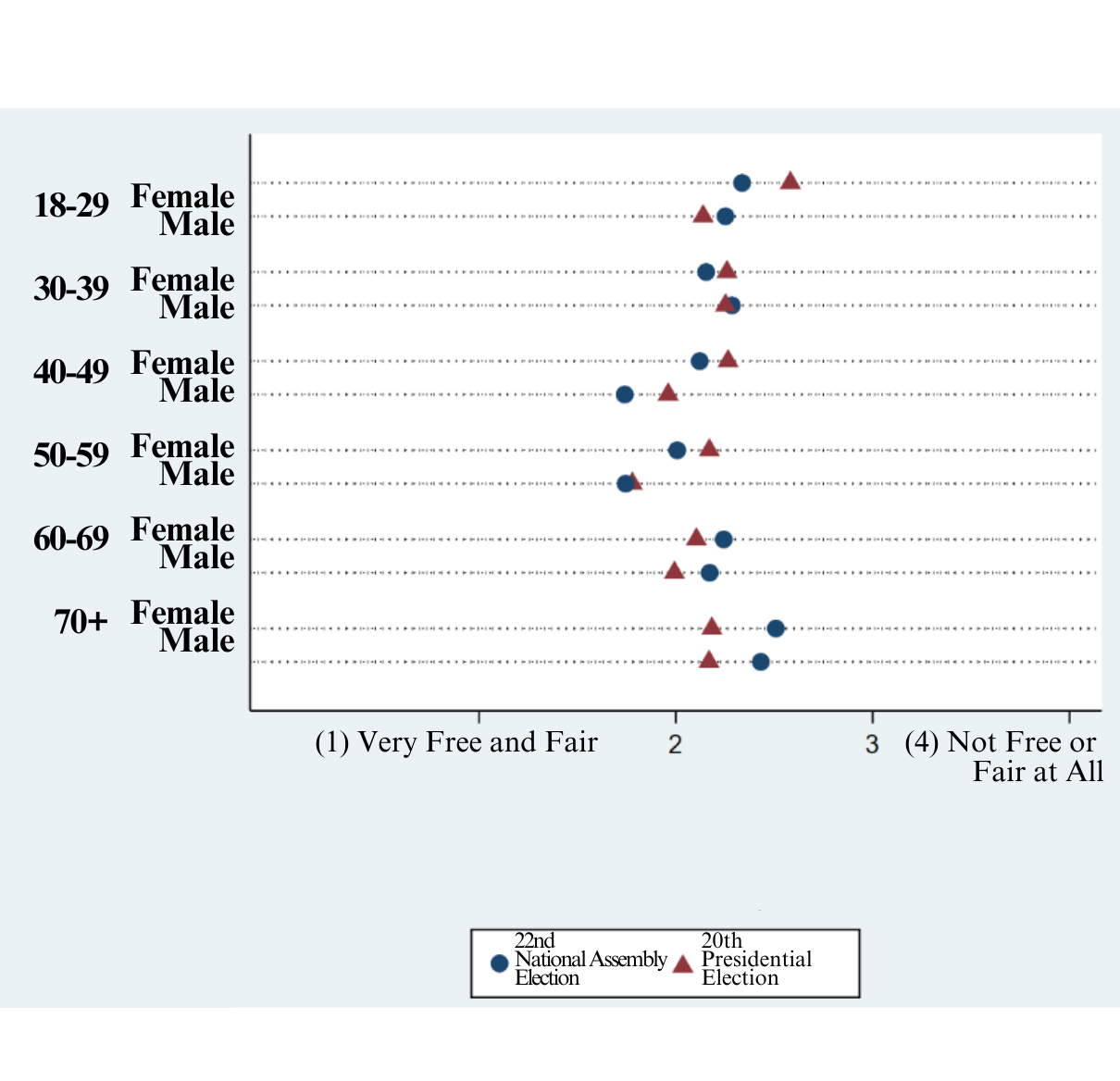
III. Divergent Perceptions on Democracy Between Young Men and Women
The declaration of martial law on December 3 marked an unconstitutional and unprecedented coup, transcending mere political disagreement and posing a direct challenge to the constitutional order. The manner in which the nation's constitutional foundation was disrupted was fundamentally distinct from the typical disputes over the outcomes of presidential or general elections.
In examining the mobilization of young women in their twenties in response to the imposition, a focus solely on personal or political preferences related to Yoon Seok-yeol or the PPP proves inadequate. Although dissatisfaction with the Yoon administration and the PPP undeniably shaped the context for their actions, the exceptional nature of this crisis suggests that young women's protest participation was driven by a complex interplay of democratic values and indignation over an event that threatened the constitutional structure, rather than by mere political opposition. This points to the conclusion that their activism was fundamentally driven by a commitment to democracy, rather than a straightforward reflection of political affiliations.
To explore this possibility, an analysis was conducted on participants' perceptions of the democratic systern . Respondents were asked to select the statement that most accurately represented their views from three provided options: "Democracy is always preferable to any other systern," "In certain situations, dictatorship is preferable to democracy," or "For people like me, it makes no difference whether the systern is democratic or dictatorial." The following figures and table present the survey results categorized by demographic group.
[Figure 6] Perception of Democracy
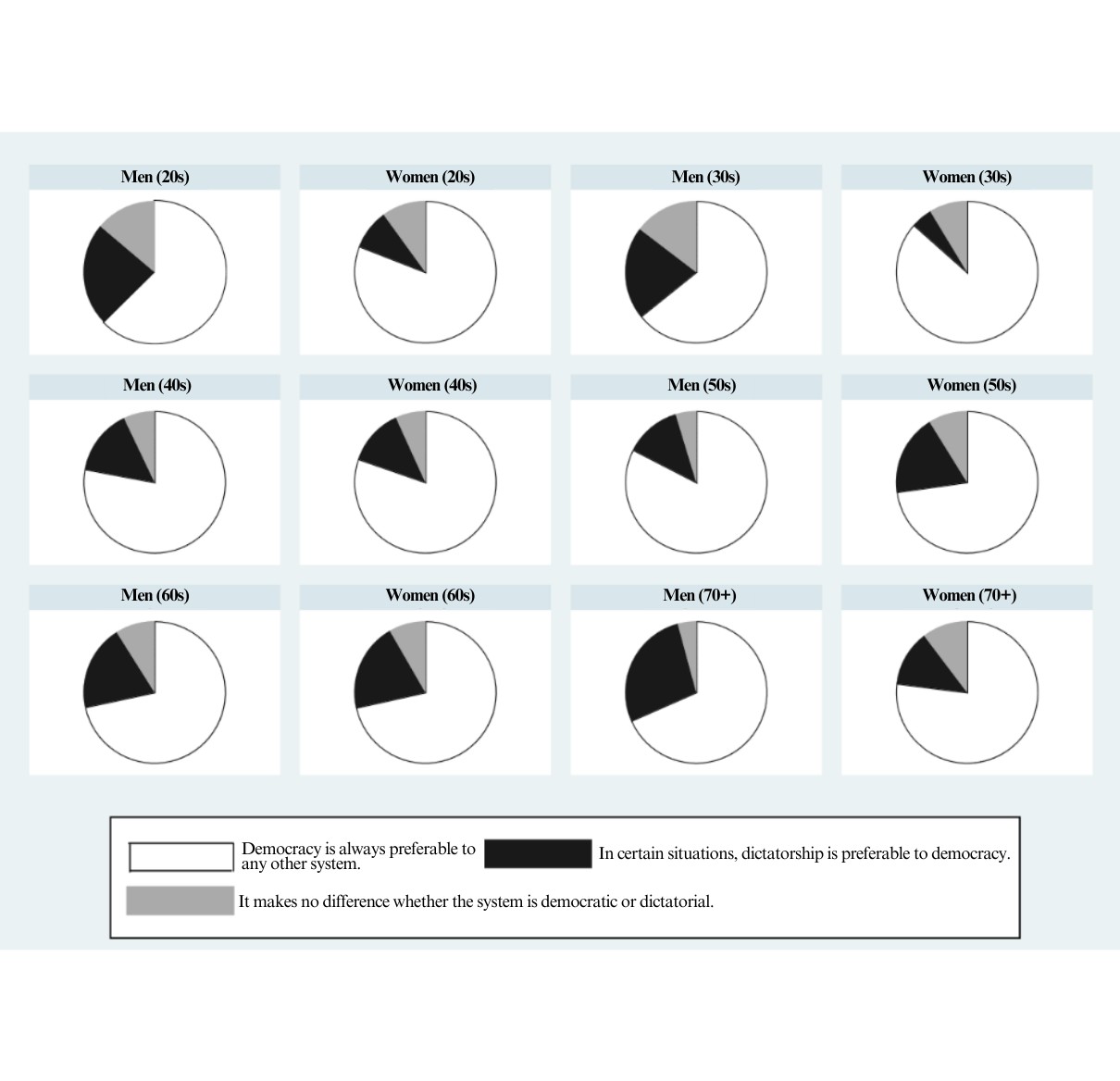
[Table 4] Perception of Democracy
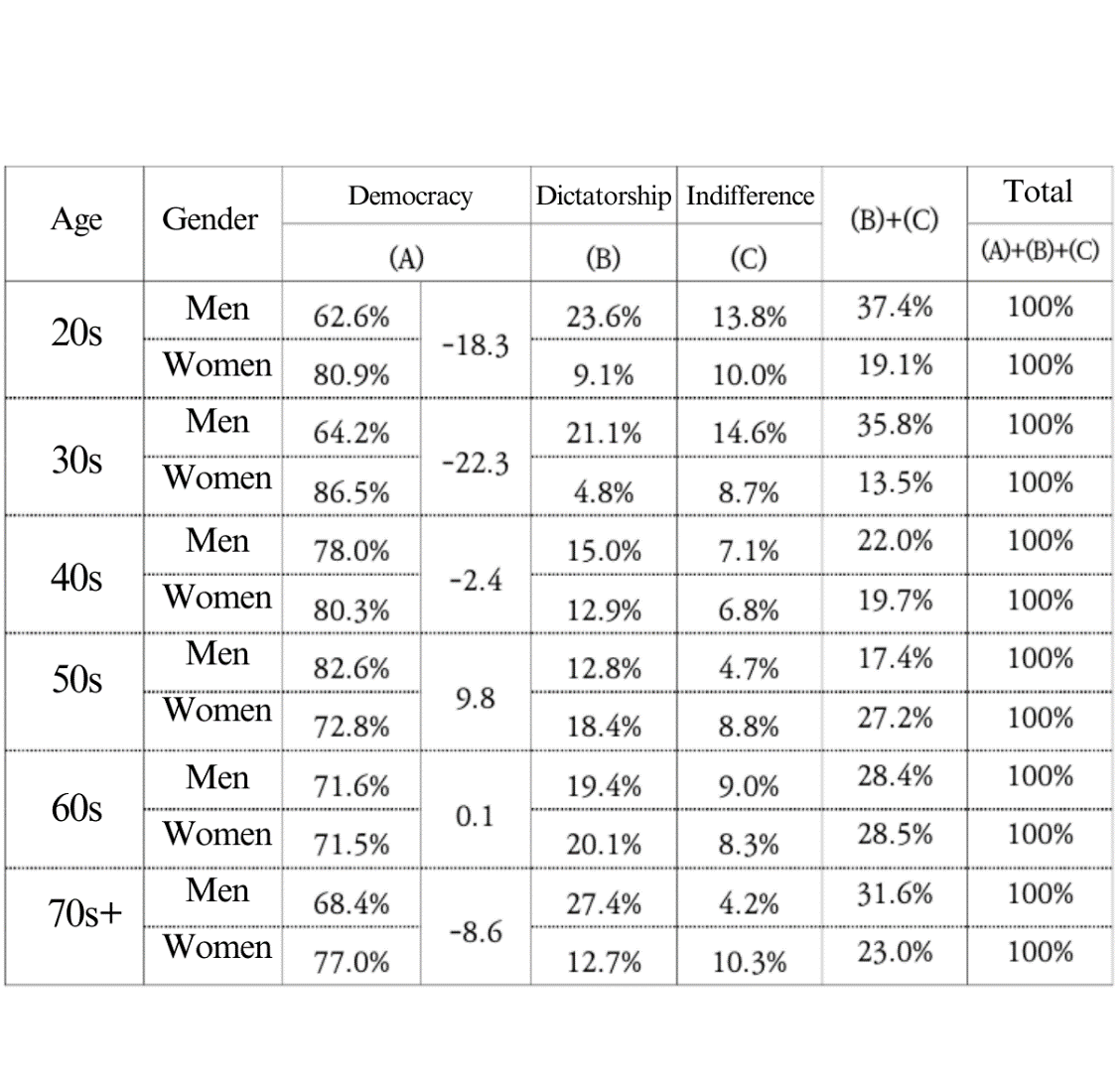
According to the data presented in the figure and table, the proportion of respondents selecting "Democracy is always preferable to any other systern " was highest among women in their 30s (86.5%), men in their 50s (82.6%), women in their 20s (80.9%), and women in their 40s (80.3%). Conversely, the proportion selecting "In certain situations, dictatorship is preferable to democracy" was highest among men in their 70s (27.4%), men in their 20s (23.6%), men in their 30s (21.1%), and men in their 60s (19.4%).
Overall, women exhibited a stronger preference for democracy as a systern of governance compared to men, who, under certain circumstances, were more inclined to favor dictatorship. Gender disparities in democratic preference were most pronounced among younger generations (20s-30s), while these differences significantly diminished among middle-aged (40s-50s) and older (60s and above) generations. Among those in their 20s, the response rate gap between women and men reached 18.3 percentage points, and this gap widened further to 22.3 percentage points among respondents in their 30s.
Taking into account the generational differences in democratic perceptions and the previously outlined patterns of protest participation, it is reasonable to infer that young women's steadfast commitment to democratic values was key in motivating their proactive defense of democracy in the face of such a grave threat to the systern.
IV. Conclusion
Through its investigation of the inter-gender and inter-generational dynamics surrounding public reactions to the martial law incident, the study uncovers several valuable insights.
While respondents in their 20s, regardless of gender, shared a critical perception of the declaration, young women exhibited significantly higher levels of engagement in impeachment protests that surpassed both that of their male counterparts and other demographic groups. These young women not only expressed acute dissatisfaction with Yoon Seok-yeol and the PPP but also demonstrated the most substantial preference gap in the political rivalry between Yoon Seok-yeol and Lee Jae-myung, as well as between the PPP and the DP. Such emotive polarization likely functioned as a significant driving force behind their engagement in the protests.
Furthermore, young women in their twenties also demonstrated greater commitment to the democratic systern than their male counterparts. Consequently, their commitment to defending the democratic constitutional order from Yoon Seok-yeol's actions likely exceeded that of their male peers, leading to their proactive participation in impeachment demonstrations.
While this analysis employs fundamental statistical methodologies and thus necessitates cautious interpretation, several substantive implications emerge from the findings. First, the participation of young women in impeachment protests represents a constructive manifestation of their resolute commitment to democratic preservation. However, underlying this commitment resides a pronounced polarization in attitudes toward politicians and political parties. Such extreme positions risk evolving into ideological allegiance predicated on personal preferences rather than policy considerations—a development that warrants vigilance.
Second, it is particularly noteworthy that among young men in their twenties, a comparatively higher proportion expressed preferences for dictatorship over democracy or demonstrated indifference between the two systerns relative to other demographic groups (as evidenced in columns (B) and (C) of Table 4). Although the survey did not yield definitive evidence that young men either vehemently opposed Yoon Seok-yeol's impeachment or endorsed the election fraud conspiracy theory concerning the 22nd general election, their skepticism toward the democratic systern suggests a profound disillusionment with the constitutional framework itself, transcending mere discontent with the current administration.
While young women actively engaged in public demonstrations to articulate their dissatisfaction and pursue tangible solutions, young men tended to exhibit political cynicism and disengagement from both political parties and their representatives. This trend holds the potential to foster an endemic form of political apathy, a concerning societal shift warranting ongoing attention. ■
■ Hanna Kim is Professor at Chinju National University of Education.
■ Translated and Edited by Chaerin Kim, EAI Research Assistant
For inquiries: 02 2277 1683 (ext. 208) | crkim@eai.or.kr
Center for Democracy Cooperation
South Korea Democracy Storytelling
![[ADRN Working Paper] Vertical Accountability in Asia: Country Cases (Final Report Ⅲ)](/data/bbs/eng_workingpaper/20250428171032795173098(0).jpg)
Working Paper
[ADRN Working Paper] Vertical Accountability in Asia: Country Cases (Final Report Ⅲ)
Asia Democracy Research Network | 2025-04-22
![[ADRN Working Paper] Vertical Accountability in Asia: Country Cases (Final Report Ⅱ)](/data/bbs/eng_workingpaper/2025042817536795173098(0).jpg)
Working Paper
[ADRN Working Paper] Vertical Accountability in Asia: Country Cases (Final Report Ⅱ)
Asia Democracy Research Network | 2025-04-22